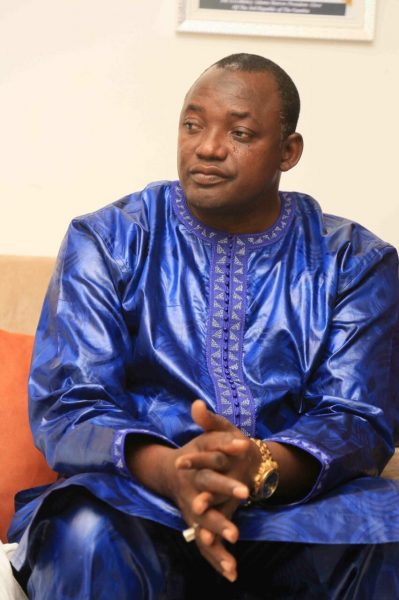
(JollofNews)- ‘Chief Servant’ for the title of president of New Gambia? Why not something like Chief Freeman/woman. Chief servant still carries the connotation of subjugation, the concept Madi Jobarteh has attempted so earnestly to dispel.
I share his abhorrence of subjugation but the use of the term ‘servant’ will serve to maintain, if not exacerbate, unequal power relationships, and potentially subjugation, because of the inherent historical meaning it carries. Very likely such move, advocated by the author, will be seized upon by groups such as the social media to subject our political leaders to abuse because we choose to call them servants.
But that is only a small part of the problem in Jobarteh’s article, perhaps only more serious than the error in stating that the country became independent in 1970 rather than 1965.
What is difficult to take is the overall implication the author conveys that Gambians are disempowered people who have to look forward to a government to give them the power that they need – almost creating the impression that this is an event for which a date can be set. To me this is gross underestimation of the people’s ability and the gravity of the task of citizen empowerment. I am even tempted to ask whether Government has the role or ability to empower the people.
Could government not get it wrong if they attempt to empower us? Is empowering not the role of the people themselves? If the author tells us that Gambians have not met his own expectations of empowerment, this is perfectly understandable. But to say so without acknowledging the strident effort Gambia citizens have undertaken in getting us where we are, borders on the language of condescension.
He conveyed the impression that the post independent PPP government was only a colonial emissary, as Jawara merely moved to the State House and supposedly carried on ruling on behalf the colonialists. He also told us that Jawara was idolized as King because of the praise songs and gifts he received from the people. But if praise songs make a person a king, then the Gambia would have been rendered ungovernable because of the potential proliferation of petty kings.
If Jobarteh has problem with praise singing, this must not be blamed for our governance failures lest we repeat Jammeh’s error in his scapegoating of the griots immediately after his illegal takeover of power. Contrary to his position, the traditional praise singers largely promote the virtues in people and society as if to make sure ‘the goods are not interred with our bones.’ Compare this to the political commentators of our time who almost always are keen on ensuring only ‘the evil that men do live after them.’
Furthermore, he clearly paints the Jammeh regime as a natural progression of that of Jawara, providing little distinction between the two, in the style of typical Jammeh apologists pretending objective analysis. If the author saw no distinction between the two, he needs to be reminded that people did not have to form queues outside the doors of security institutions in forlorn contemplation as to the where about of their loved ones when Jawara was overthrown.
The incoming government did not have to make it a priority to open the prison gates for the release of scores of political prisoners as was the case when Jammeh was removed. We are hoping that as the promised truth commission comes into effect, a distinction of the two regimes in all facets of governance will be made clear to the author as well, and this will give him the opportunity to revisit his earlier position and provide a fairer analysis.
Returning once again to the issue of powerlessness of the Gambian people and the questionable claim that it was government that failed to provide the education for bringing this about, it has to be asked what the author thinks of Gambians who participated in the independence movement, the quest for the extension of the franchise to the protectorate and recently the struggle to defeat the autocratic government of Yaya Jammeh.
To his credit, some acknowledgement was given to the government for changing laws following the colonial rule and for building institutions, but these were still dismissed as irrelevant to citizen empowerment and to our emancipation. However, regardless of what Jobarteh may think of the backwardness of the power within us and our capacity to demonstrate this, it can be argued that this power has always been present and predated, by far, the modern state education system now being under intense condemnation for our powerlessness.
Ibn Batuta pointed this out following his celebrated visit to West Africa, reporting that ‘the negroes abhor injustice.’ The sense of honour that we are taught at family level promotes adherence to standards of justice and fair play on all categories of people including leaders and followers. We can attest further that the need to stand for our rights has always been demonstrated outside of the school, as shown by how intensely Gambians have always discussed political matters everywhere they gather, such as at bantabas and attaya vous.
Whilst no one has yet establish a link between this antecedent and the struggle that eventually brought Jammeh down, it is likely that this culture found a new outlet in social media. Jeffrey Smith of Vanguard Africa described Gambian political activists as some of the most passionate individuals he has ever come across.
Finally, recent media attention on the manner in which Gambia has achieved its political transition from a vile dictatorship is indicative of the citizenry engaged with its politics and conscious of its power to influence its destiny. The manner in which this was achieved and the way it has captivated the world’s attention points to the fact that the transition was not a spontaneous act, but one built on decades of political engagement of citizens. It is time we learn the lesson of Achebe’s lizard that jumped from a high iroko tree, and praise ourselves if Madi did not.


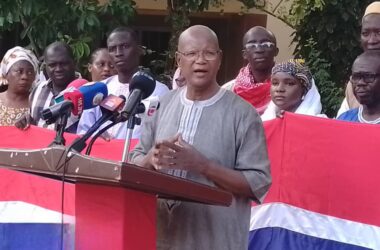
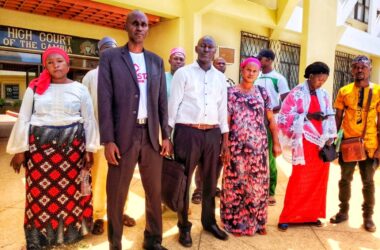
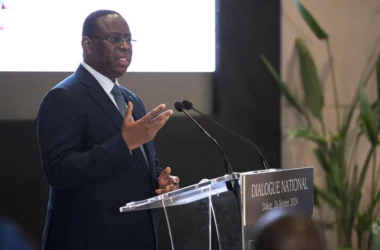
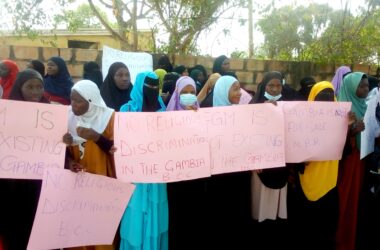
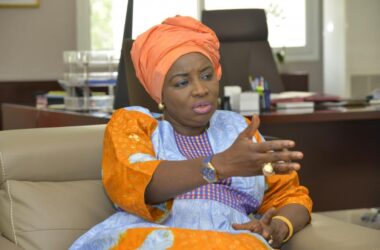


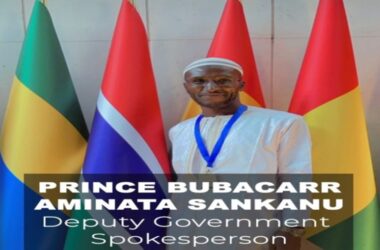

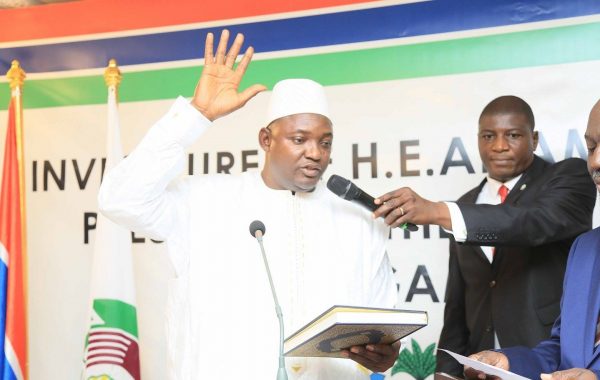
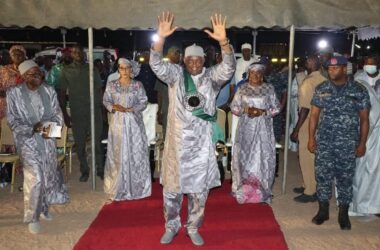

It feels to me as a true compliment to be called ‘chief servant’ as it covers all the basics of such supreme and responsible relationship, being a ‘true president’
Mr. President/ Adama Barrow/ Mr. Barrow/ Barrow……what’s wrong with all of them? Any need for a debate on title names?
You don’t need to call him ‘chief servant’….; Hello Mr. Chief Servant, cabinet of servants in public offices, Hon. servants of parliament, Senior civil servants, members of the diplomatic corps, ladies and gentlemen……..? Exaggeratedly dumb an opening speech. Isn’t it?
There is a lot of task ahead of the Gambians and the new government of Barrow, and those tasks will be hard to accomplish if people will start sticking.. the ‘NO, I am just mere civil servant’ the chief civil servant is yet to respond….